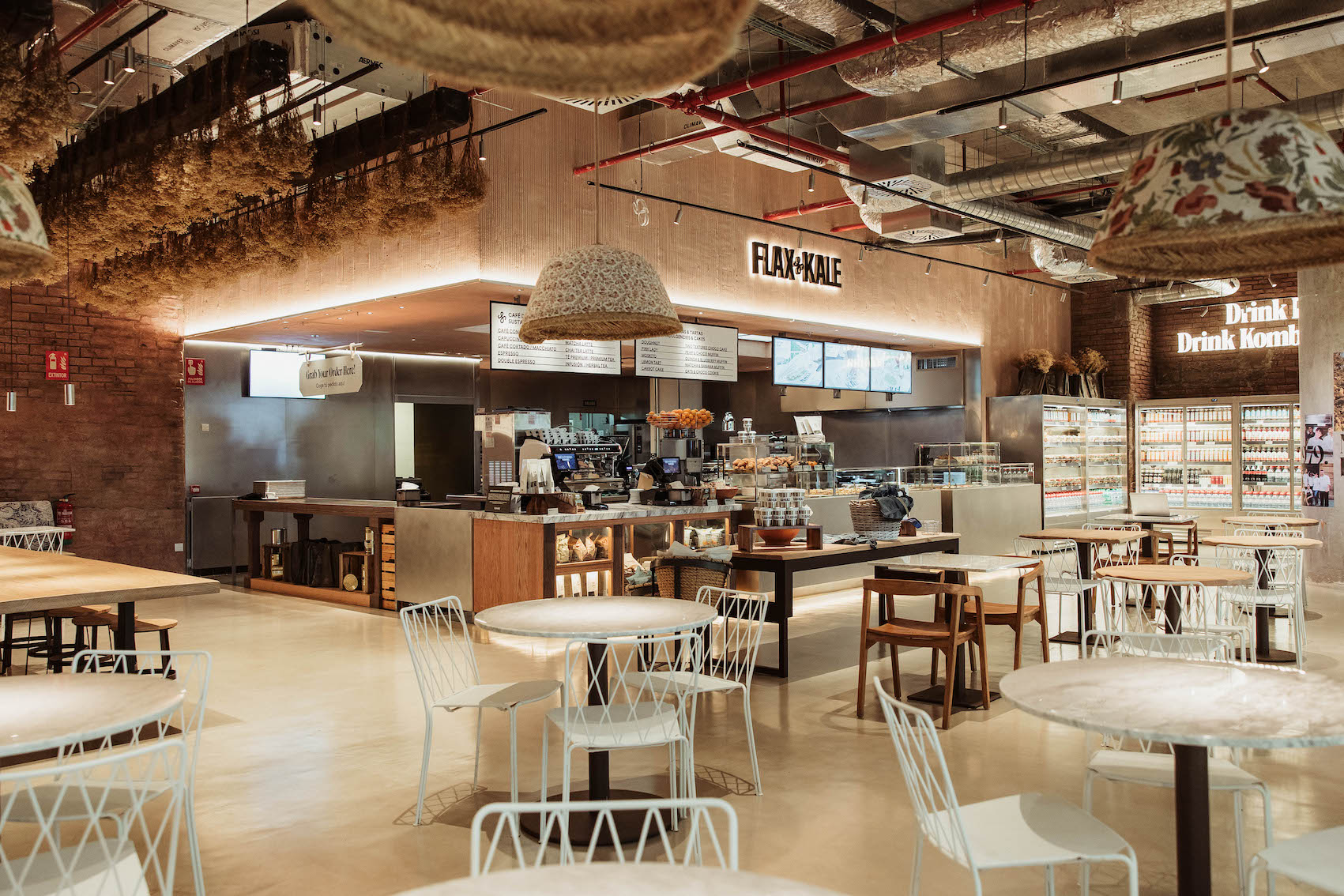INTERNATIONAL. High quality customer service and influential, well-trained staff are of rising significance in travel retail according to Q1 2019 research carried out for the latest Duty Free World Council (DFWC) KPI Monitor.
The study shows that service level has climbed to second place among all criteria measuring impact on the overall level of satisfaction among global duty free shoppers. Value for money remains in the number one spot as the key factor in shopper satisfaction, according to the findings of industry researcher m1nd-set.
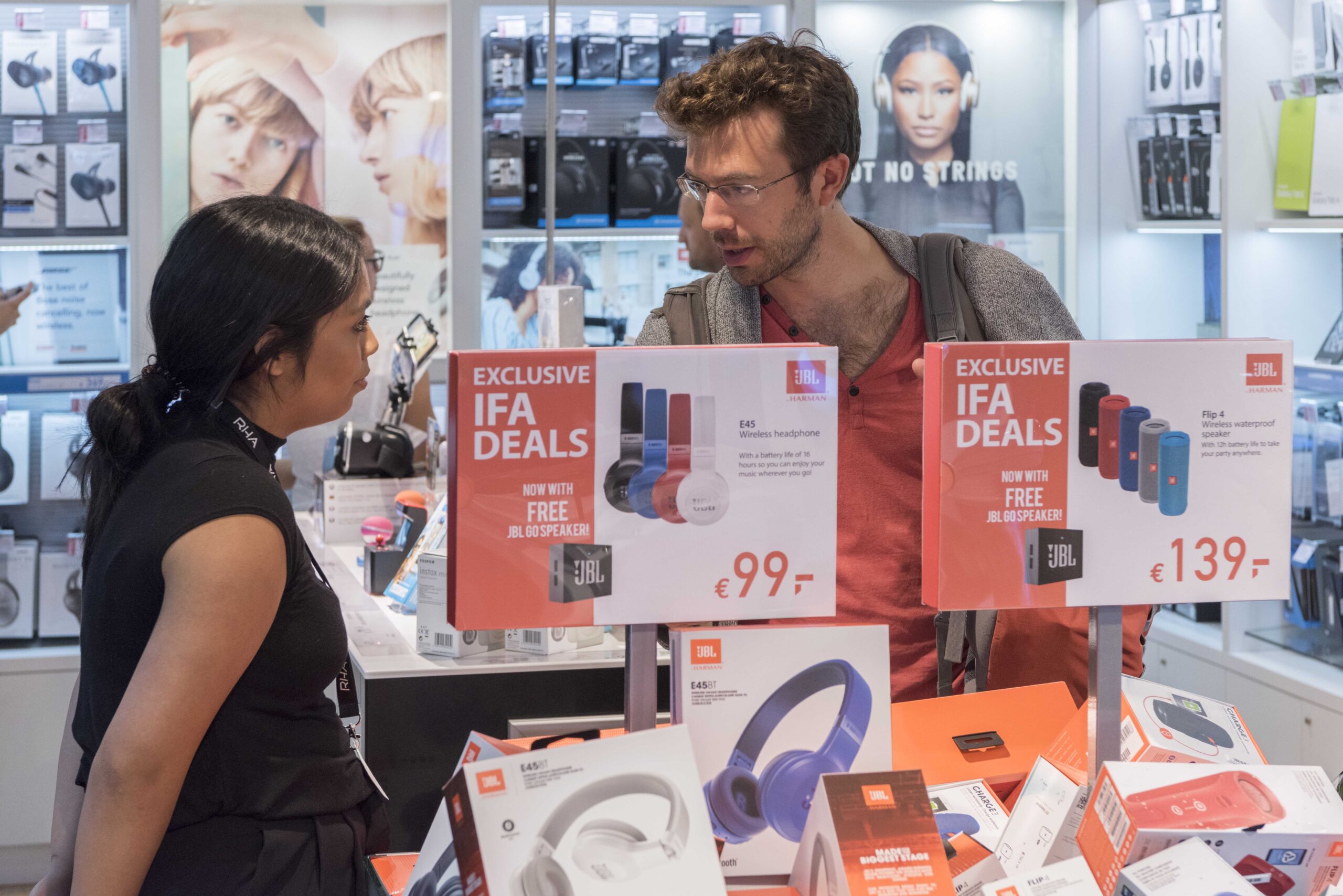
The Swiss research and consultancy agency, which conducted the research on behalf of DFWC, took its results from interviews with over 4,000 travellers across all world regions during March.
The findings of the report show that staff are not only a key contributor to the shopping experience in airport retail but also influential in converting browsers into buyers. On average, less than half of global shoppers (48%) interact with staff in airport shops and of those shoppers who do interact 45% are positively influenced and purchase following the interaction.
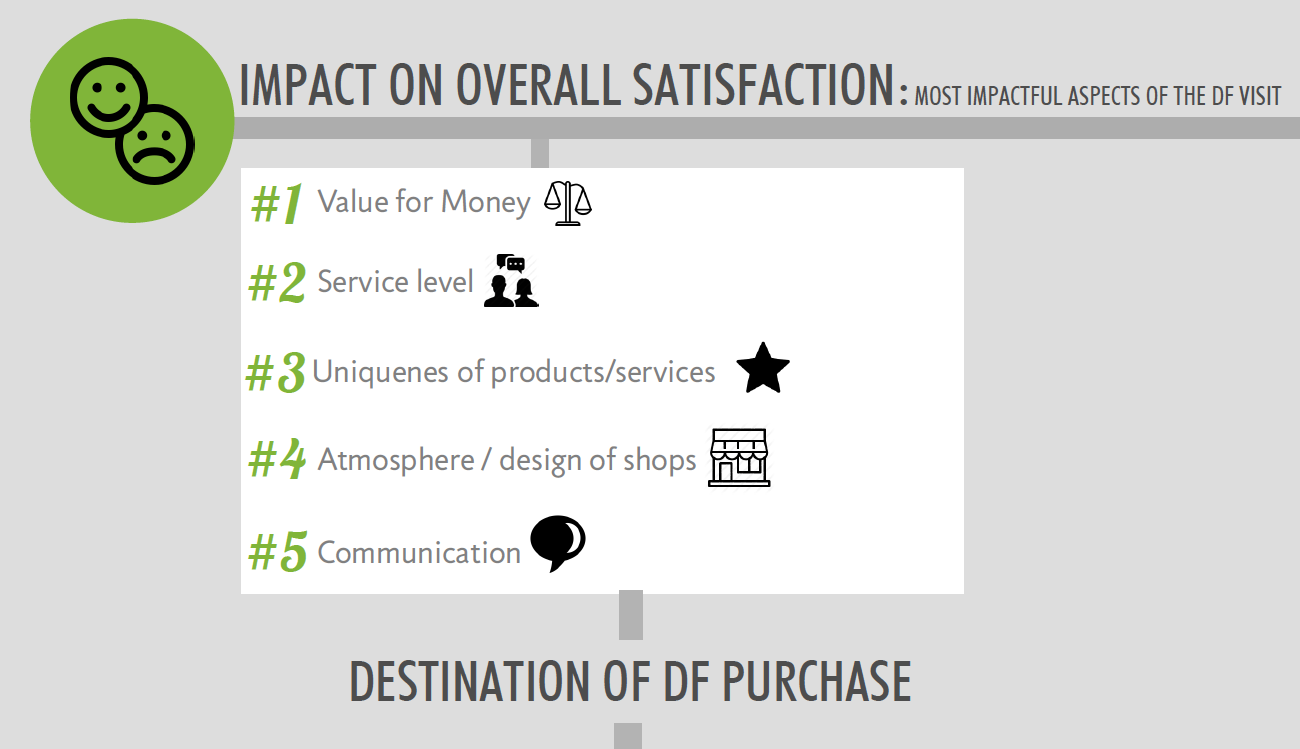
Europe recorded the lowest level of staff interaction (40%), while staff engagement figures are led by the Middle East/Africa (63%).
The KPI Monitor shows that the interaction with staff is more influential among men (48%) than women (42%). Meanwhile, millennials (49%) are significantly more often influenced by sales staff compared to older generations, notably Seniors (39%).
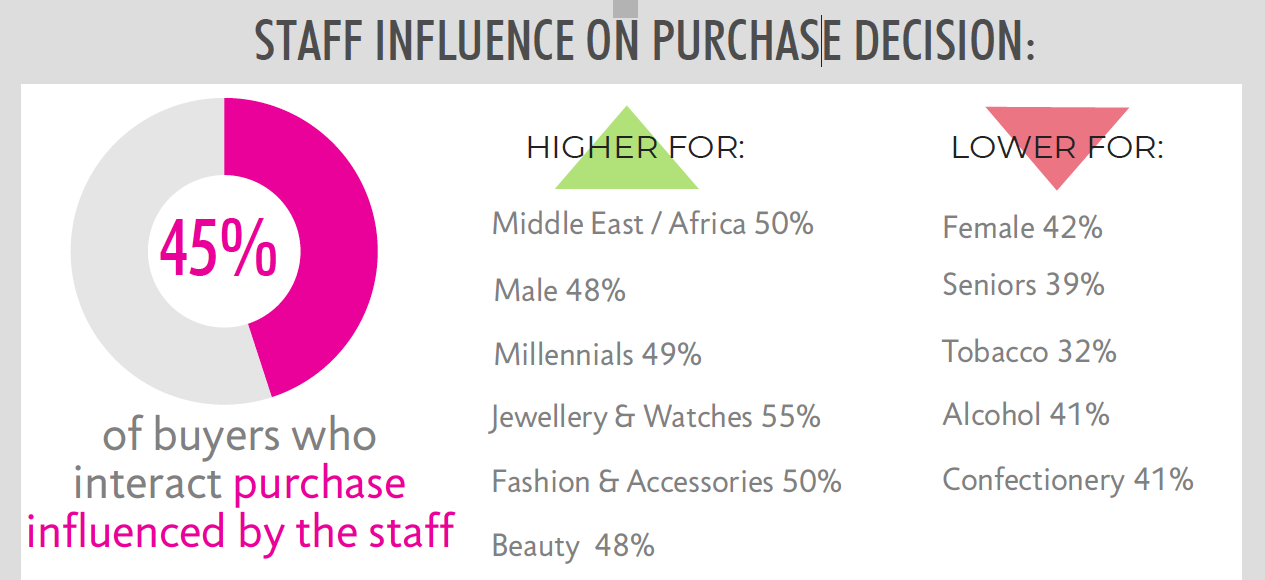
Product categories which benefit the most from successful engagement between staff and shoppers according to the research are Jewellery & Watches (55%), Fashion & Accessories (50%) and Beauty (48%).
The quarterly KPI Monitor also highlights which aspects contribute to the overall perception of the duty free shopping experience. The perception that duty free provides a “truly different experience” was the top criterion and has been gaining importance consistently over the past few quarters, DFWC observed.
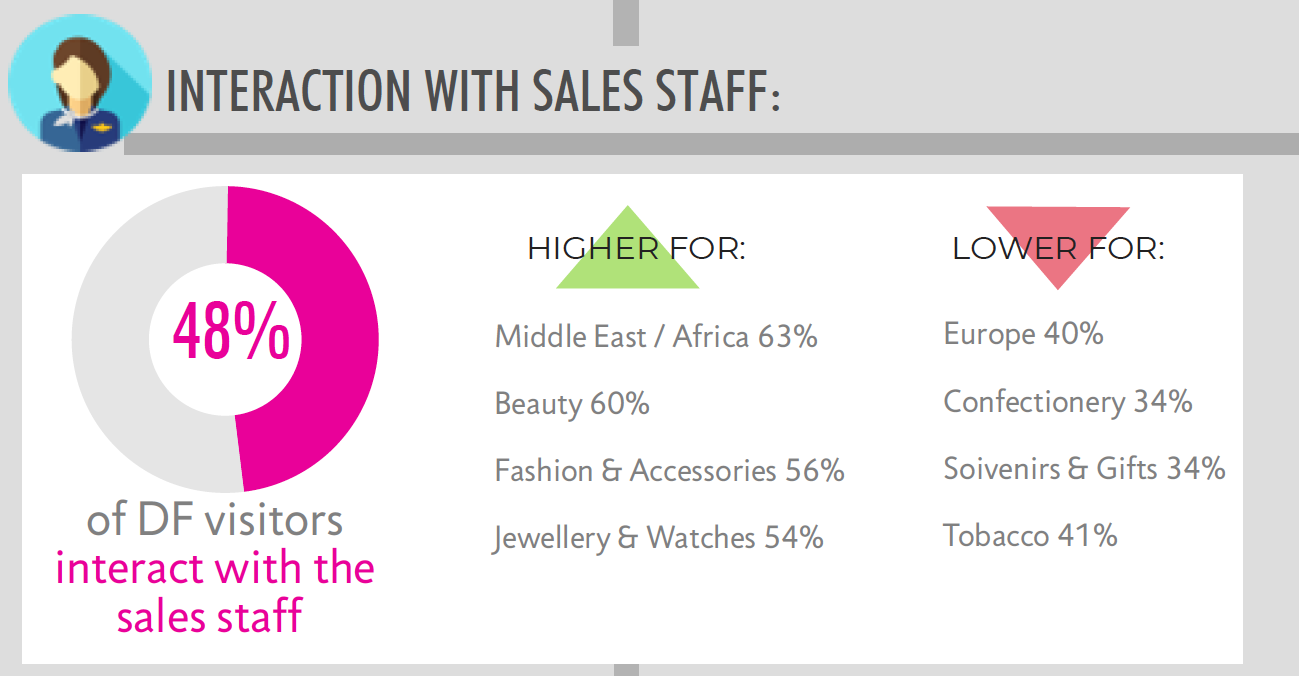
According to DFWC and m1nd-set the differentiation of duty free shopping compared to downtown, with new products, travel retail exclusives and the different experience, is an area in which staff can play a significant role in influencing the decision to spend and increase the value of goods purchased.
DFWC President Frank O’Connell said: “Given that less than half of shoppers globally interact with staff in duty free shops, there is huge potential for the industry to make a concerted effort to train staff to be more proactive in engaging with shoppers and positively influence the sale.
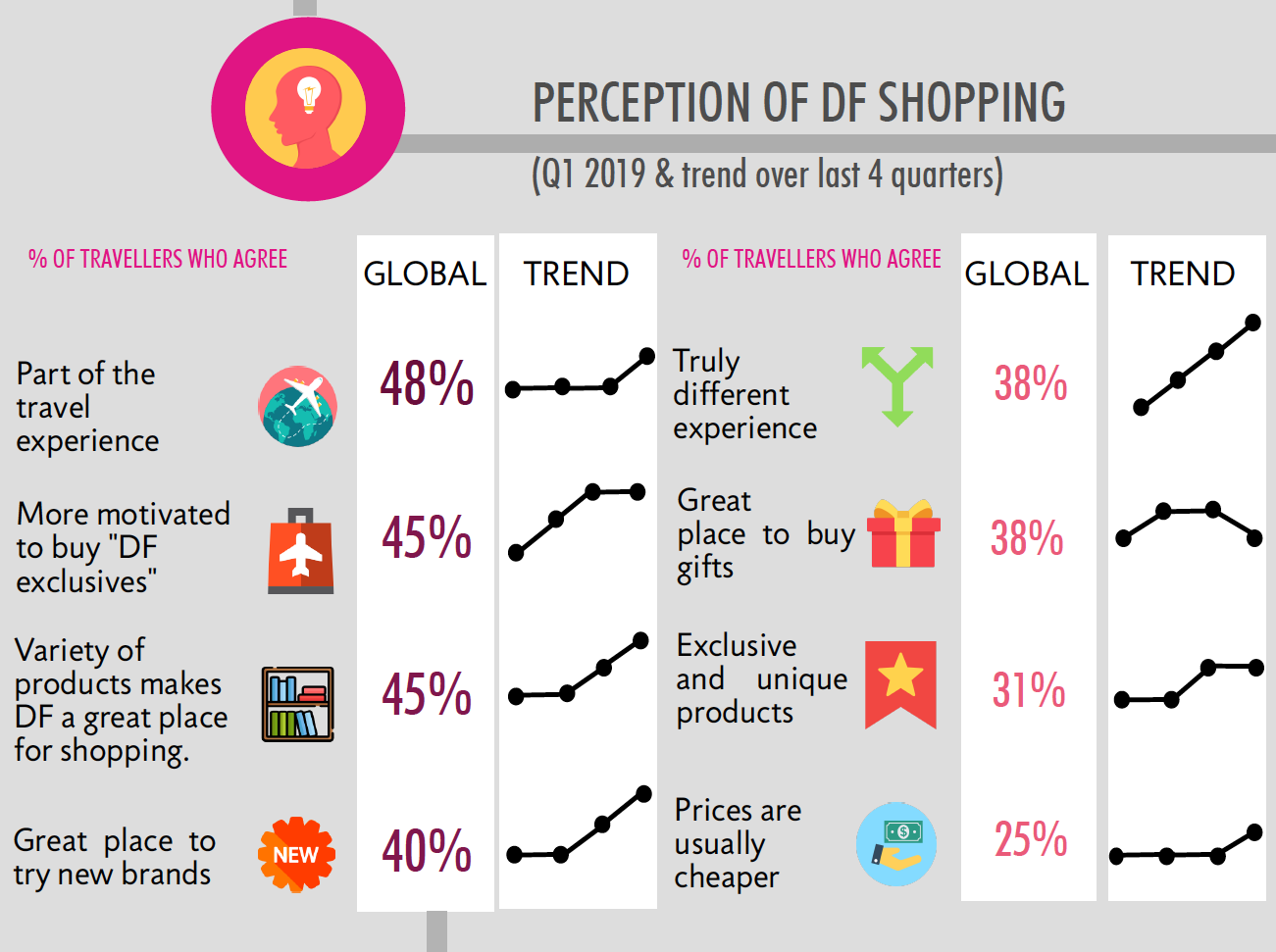
“Complementing brand and product knowledge, sales staff understanding the specific needs of travelling consumers better and having the knowledge and skills to cater to those needs is the key. The opportunity to raise standards in our industry has prompted the DFWC to create the DFWC Academy dedicated to offering accredited, online training programmes created uniquely for people working in, or planning to join, our industry.
DFWC’s first such course – a Certificate in Duty Free and Travel Retail – will start in September this year with student enrolment already underway.

Peter Mohn, CEO & Owner at m1nd-set said: “While online information sources and digital tools are indispensable to reach shoppers in travel retail, personal interactions are still fundamental in the marketing mix. The sales team is a major player alongside all other communications touch points. Travel generates experiences and stories and travel retail needs to be more focused on the stories behind the brands and their heritage.
“This, together with knowledge on new product launches and unique offerings in the store, should be a key area on which brands and retailers should focus in their staff training and employee engagement programmes. Engaged employees will thirst for more stories to seduce the shopper.”
He added: “It is also vital to ensure monitoring and evaluation processes are well established with staff. Well-trained, engaged staff are vital, not only for their potential to impact sales but also because of their influence on the shoppers’ overall perception of the airport shopping experience and long term customer loyalty.”











